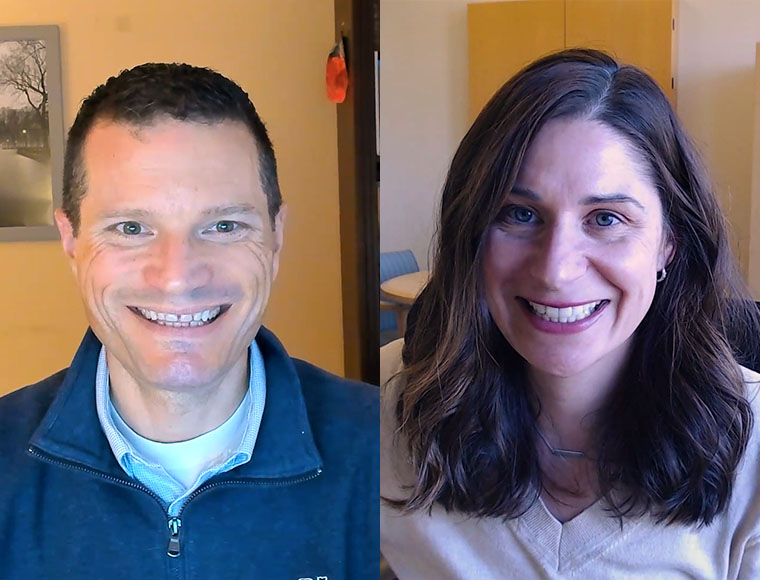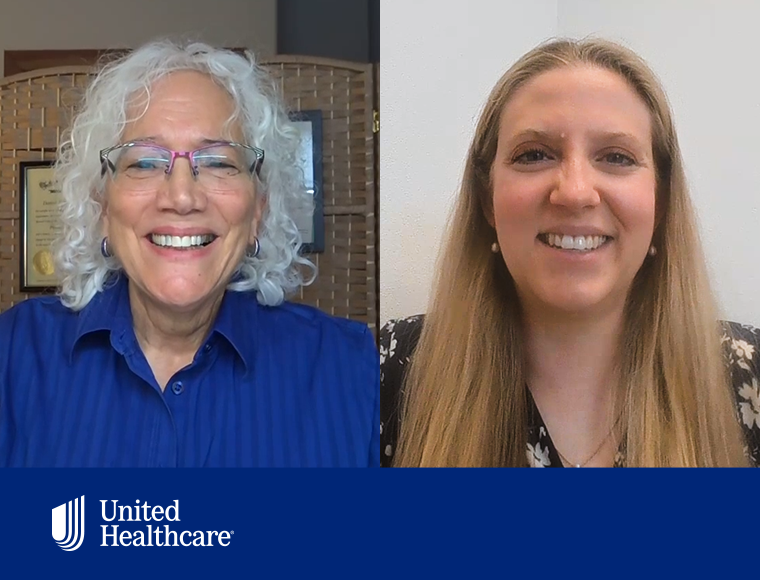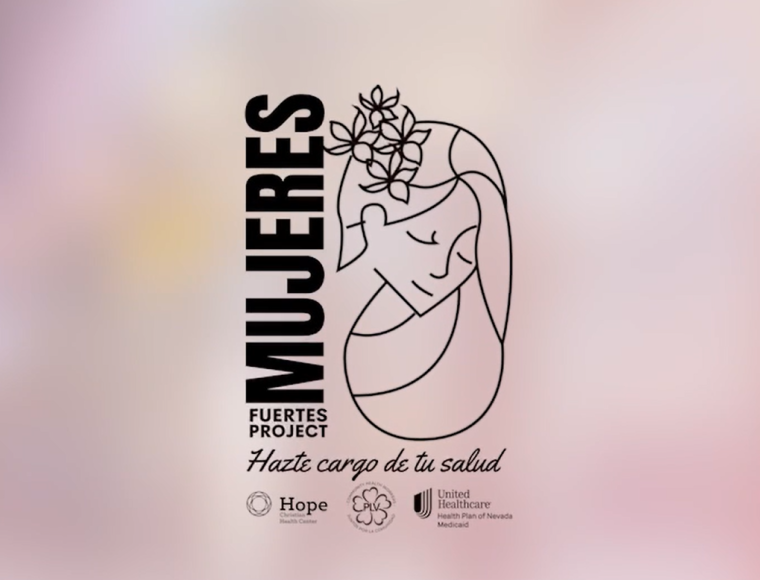Current Wisconsin Medicaid coverage for pregnant individuals ends 60 days postpartum. After that period, some individuals may qualify for Medicaid through another pathway, but others may lose coverage. Recent research indicates that more than 20% of those with pregnancy-related Medicaid become uninsured within 6 months postpartum.2
12-month health care coverage for pregnant and parenting Medicaid beneficiaries
Pregnant individuals in the United States are increasingly experiencing adverse maternal and birth outcomes. The rate of preterm births continues to rise and overall, 1 in 10 infants is born preterm. The postpartum period can be a particularly medically-vulnerable period for women, with at least one-third of maternal deaths occurring in the postpartum period (between 1 week and 1 year after childbirth).1 Nationally, and in Wisconsin, roughly 4 in 10 births are covered by the Medicaid program.
A quick glance at Wisconsin numbers
According to America’s Health Rankings 2022 Health of Women and Children Report, Wisconsin’s data includes:
- Maternal Mortality Rate – 9.7 deaths per 100,000 live births (below national average)
- Severe Maternal Morbidity Rate – 65.4 complications per delivery hospitalizations (below national average)
- Infant Mortality Rate – 6 deaths per 1,000 live births (higher than national average)
Despite the below national average maternal mortality rate, Black women face rates upwards of 5x higher than non-Hispanic White women in Wisconsin.
Source: American’s Health Rankings 2022 Health of Women and Children Report and Maternal Mortality and Morbidity | Wisconsin Department of Health Services
The American Rescue Plan Act provided a state plan amendment pathway for states to support 12 months of postpartum coverage in Medicaid for up to 5 years. The Consolidated Appropriations Act of 2023 made this pathway permanent. As a result, states have the option of offering 12 months of continuous coverage to beneficiaries who are pregnant at the state’s regular FMAP rate.
Why is extended postpartum coverage important?
- Nationally, 1 in 8 mothers experience postpartum depressive symptoms
- Among individuals with opioid use disorder who recently gave birth, the risk of overdose is highest 7-12 months postpartum
- Cardiomyopathy is the leading cause of death in the late postpartum period
Source: Medicaid After Pregnancy: State-Level Implications of Extending Postpartum Coverage
Opportunity in Wisconsin
According to the latest Pregnancy Risk Assessment Monitoring System (PRAMS) data in Wisconsin, pregnant individuals on Medicaid/public insurance during their pregnancy largely retain that coverage even after pregnancy (35% report having coverage during their pregnancy and 30% report having coverage after).3
Despite that coverage retention percentage, lack of insurance was still an identified barrier to accessing postpartum care for over 10% of survey respondents. As a result, there is ample opportunity to support the women and children of Wisconsin by ensuring continuous coverage in Medicaid after pregnancy for those who are not able to access coverage through another pathway (e.g., employer sponsored coverage).
There are direct cost benefits to the state of ensuring a mother’s chronic conditions are stabilized and their mental health conditions do not go untreated along with ensuring that our youngest Badgers receive the early, preventive care they need.
By supporting 12 months of continuous postpartum coverage, Wisconsin is supporting families by helping moms and their babies through one of the most important and demanding — both physically and mentally — times in each of their lives.












